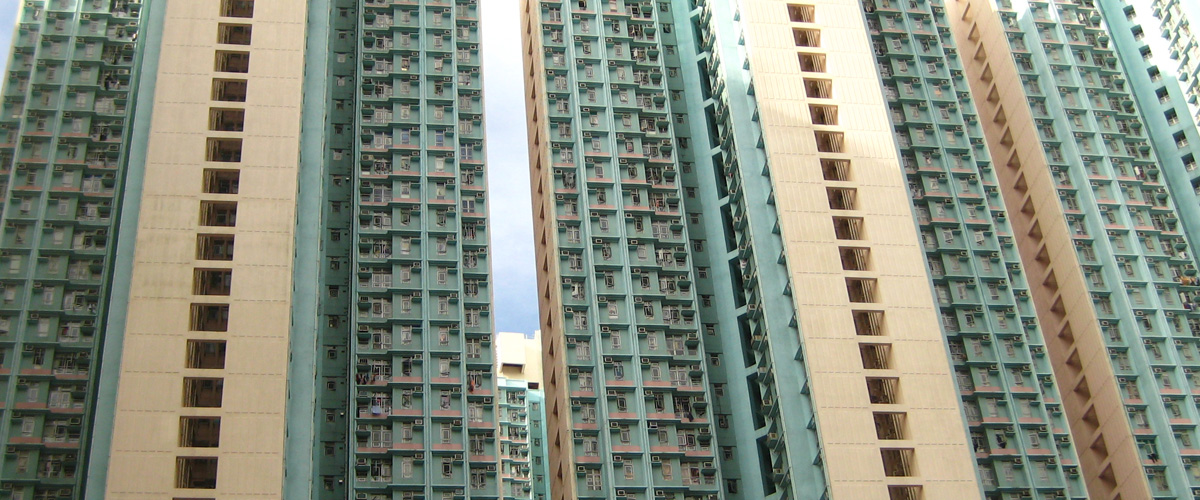“Titling is often seen as a precondition for economic growth and the rule of law. By contrast, Chinese real estate has gone through a substantive economic growth without a cadaster, i.e. in the absence of registered rights to realty. (…) Titling, as a form of institutional intervention, is by definition a long term, protracted process of negotiation and dispute between state and other actors. (…) In this context, it is maintained that the cadaster, as a significant socio-economic and spatial institution, is the resultant of development rather than its sine qua non.”
(P. Ho in “Myths of tenure security and titling”, Land Use Policy, 2015, Vol. 47, p. 352)
After the introduction of the “open door policy” in late 1970s, market mechanisms were re-introduced in China. Urban land and housing became commercialized and the markets for urban land and real estate were re-established. For three decades these markets have rapidly developed, although many pressing issues over urban land, real estate and housing remain.
First, because of urbanisation, the urban population expands quickly and the demand for housing has increased accordingly. Additionally, the rising investments in real estate have pushed demand further. Second, the sale of land rights contributes significantly to government revenues. Since all urban land is legally state-owned, the government as the representative of ownership receives a fee whenever land use rights are assigned. The revenues from these fees currently make up a substantive proportion of the fiscal budget of local government. Consequently, local government has a strong incentive to keep land prices high. Third, due to the significant rise in the price of urban land and real estate, the affordability of housing has become a source of concern for the Chinese state, with particular reference to issues of social inequity and conflict over expropriation and eviction.
Despite the prosperity of the market, the institutional framework for the governance of urban land and urban housing seemingly lag behind. For instance, while urban land use rights are assigned to land users for a certain amount of years with a maximum duration, it is uncertain how the lease will be extended upon expiration. Furthermore, laws and regulations regarding property rights are still to be completed. At the same time, insecure property rights do not seem to have prevented the urban land and real estate market from developing, on the contrary.
Against this backdrop, the topic of urban land, real estate and housing might provide a meaningful angle to study China’s development from an institutional functionalist perspective. What are the institutional functions that affect the formation of urban land and real estate markets? Are China’s institutions still perceived as credible when it boils down to existing distributional conflict over land and housing?
